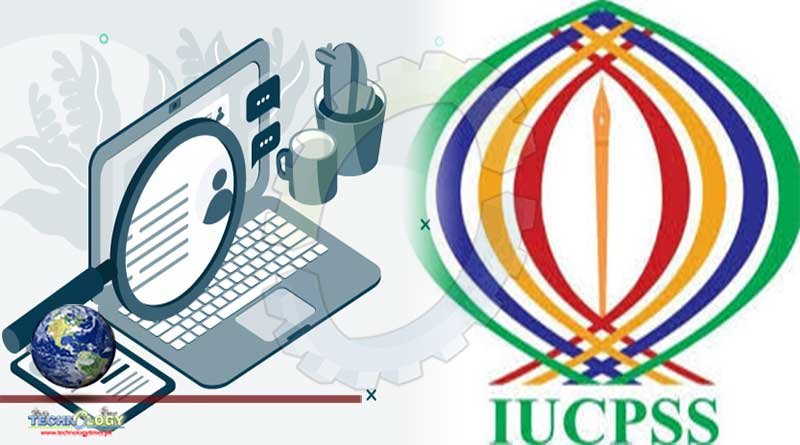The IUCPSS is celebrating its 9th anniversary with a series of talks by experts in higher education, done by Prof. Dr. S. Sohail H. Naqvi

The Inter-University Consortium for the Promotion of Social Science (IUCPSS) is celebrating its 9th anniversary with a series of talks by experts in higher education. The inaugural talk in this series was done by Prof. Dr. S. Sohail H. Naqvi, Vice Chancellor University of Central Asia.
His talk focused on the ‘Higher Education during and post COVID-19 – Opportunities and Challenges for Pakistan.’ This talk would assist in identifying future avenues for the upcoming education policy in the country. Professor Dr. Muhammad Mukhtar, Vice Chancellor of the National Skills University and Founding Chairperson of the IUCPSS, welcomed the guest. Prof. Dr. Fazal Khalid, Chairman Punjab Higher Education Commission, shed light on the numerous services of Prof. Naqvi in higher education and technological forefronts.
According to him, Prof. Naqvi’s era was a golden period in higher education, unable to stay sustainable though policies and procedures devised under his and Prof. Atta ur Rehman’s leadership are considered the guiding light even today.
Prof. Naqvi thanked everyone attending the seminar. He initiated his talk by describing the COVID-19 perspective in the realm of higher education. “It is time that everyone must think that what they can do at individual levels to thrive through these tough times, including students, faculty, vice chancellors, regulators, parents, and community in general can do. In focusing on the COVID-19 virus.
It is a disease the world has never seen before. It has not spared any corner of the world and put a brake on all human interactions and created massive scientific challenges like viral mutations avoiding vaccine, jumping forth and back to animals and humans. Numerous scientific avenues are being explored and will continue to be,” he said.
Moreover, the virus spread exerted a differential impact in different nations, age groups, etc. This happened in the era that the world has great confidence in science and conquered everything. Pakistan was predicted to have 650,000 death with COVID-19 that in actuality is around 12,000. It is a real blessing; however, scientifically, we do not have answers. Yet, still, we do not know when we will be in the Pre-COVID-19 situation returns, “he said.
According to Prof. Naqvi, higher education in Pakistan is mainly dependent on teacher-student classroom models except for virtual university and few others. Our degrees focus on knowledge with lesser attention to skills. Our examinations have always been face-to-face to assess ability and are based on the input model. All the higher education is in English.
The traditional model needs to be combined with the new models having learned from COVID-19. We are forced to change the higher education system by looking at the possibilities of disrupting higher education from the traditional one.
However, we must keep in mind the bright future of the youth. Let face challenges, learn what we know, and involve languages as the factor, understanding space, assessment mechanism, and balance between knowledge and skills.
For accomplishing all these technologies exist by initiating learning spaces irrespective of languages as technology allows us to go beyond language barriers.
The aim is to meet the needs of learners without compromising the quality. The ultimate objective is a disruption with unlimited access to knowledge and skills of international standards.
Prof. Naqvi presentation followed with an extensive question answer sessions and possible solutions for devising future of higher education. Vice Chancellors, academic leaders, faculty members, and students appreciated the Inter University Consortium’s efforts over all these years.
Originally published at The News
